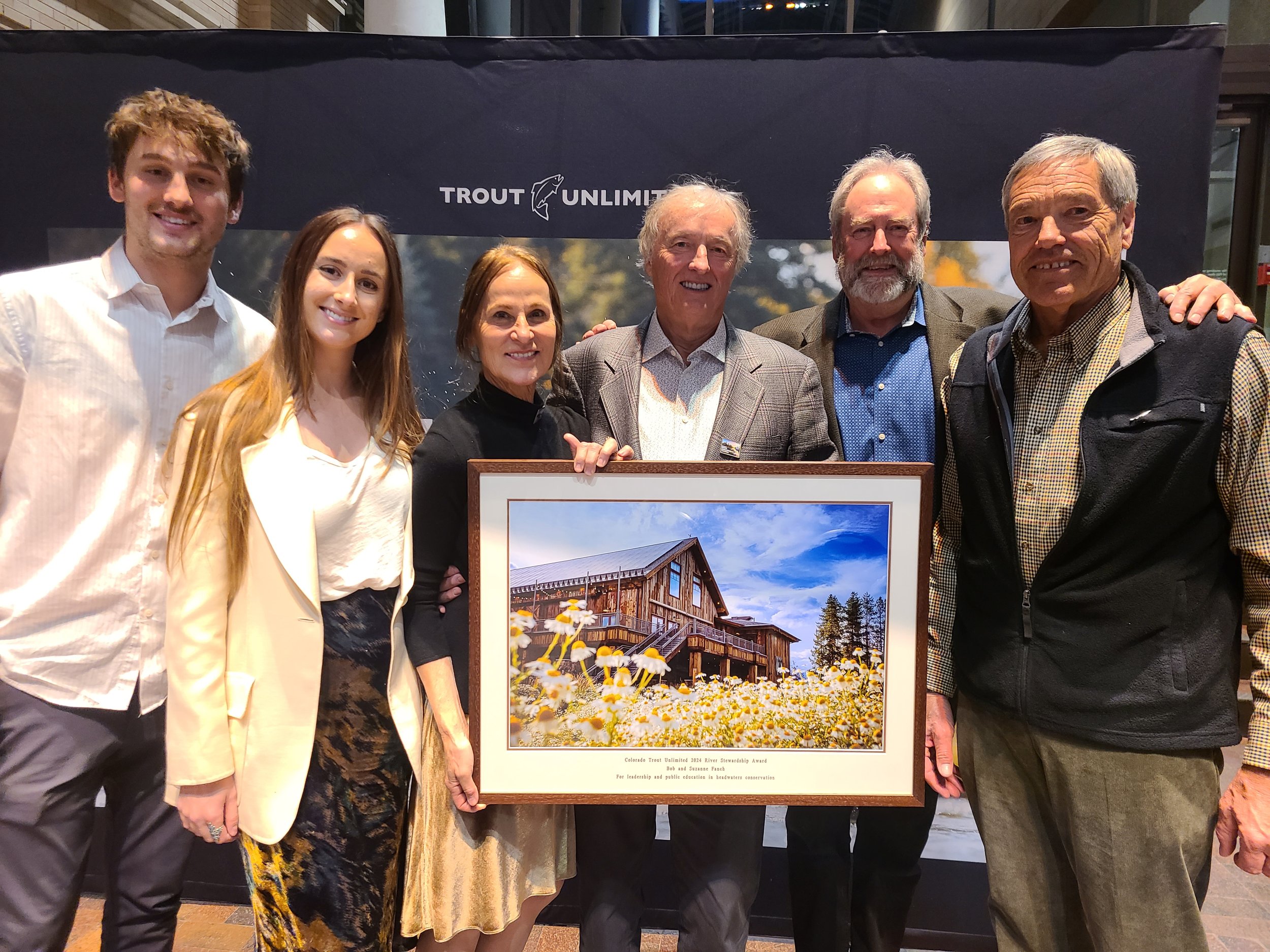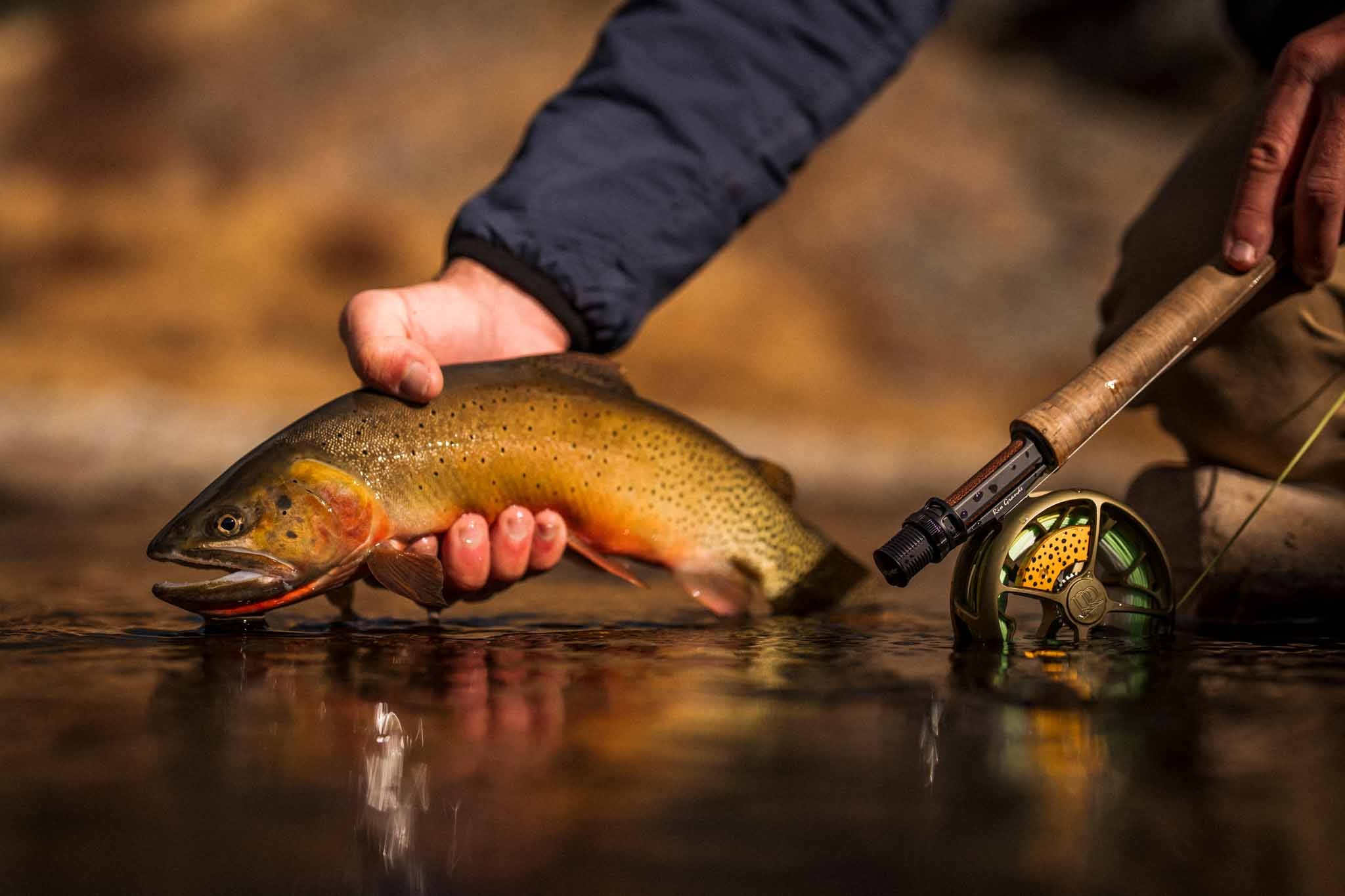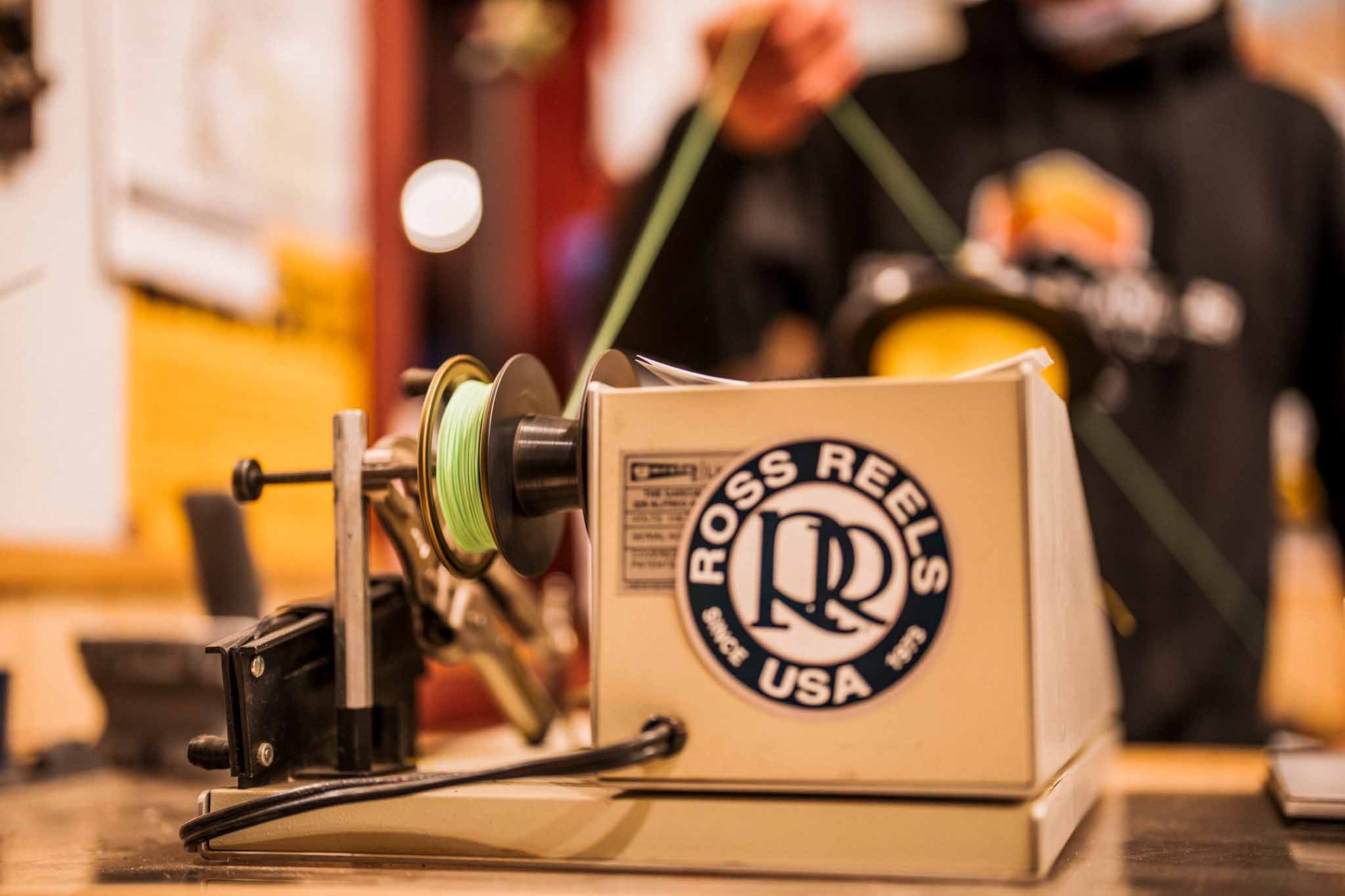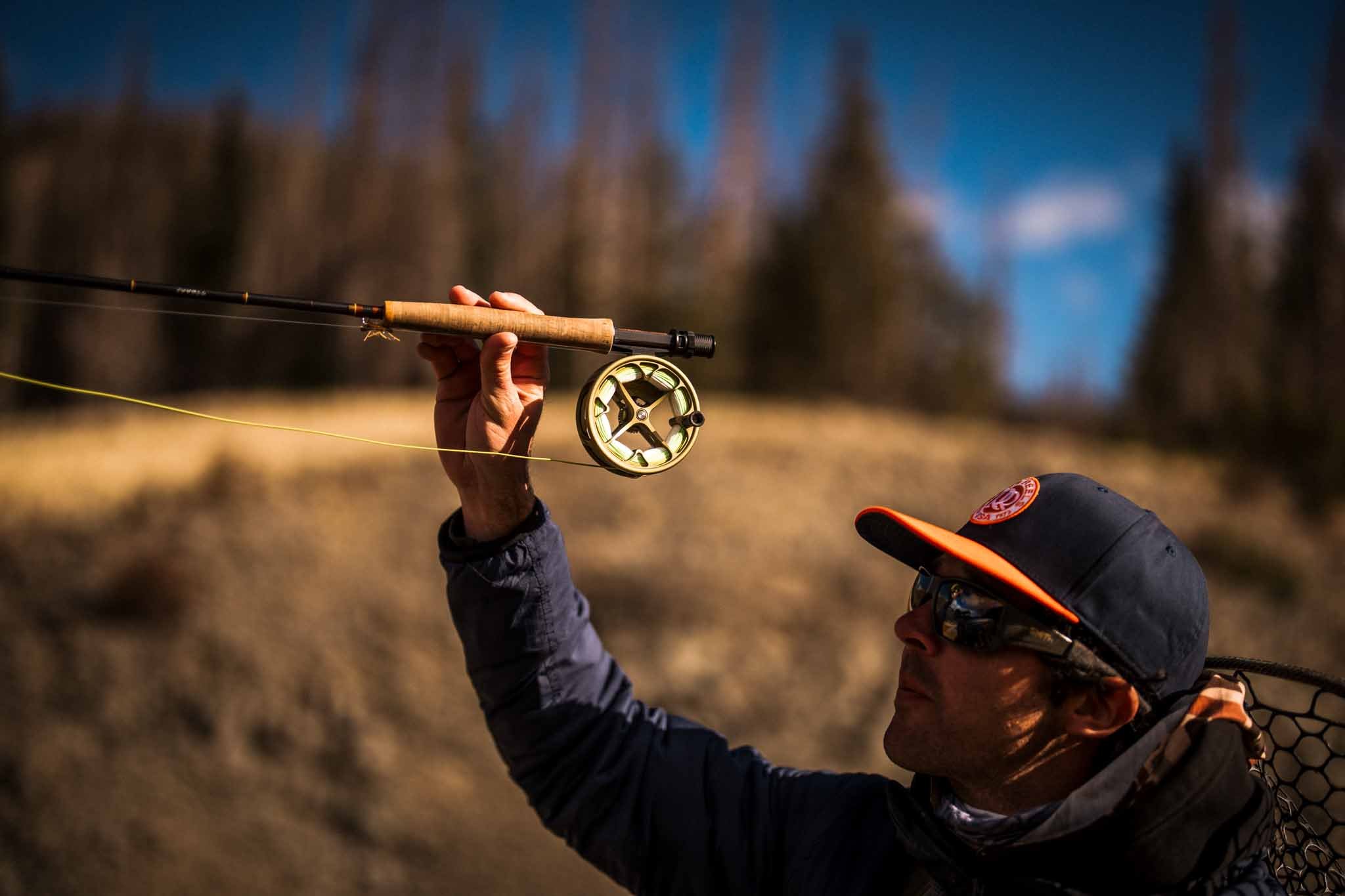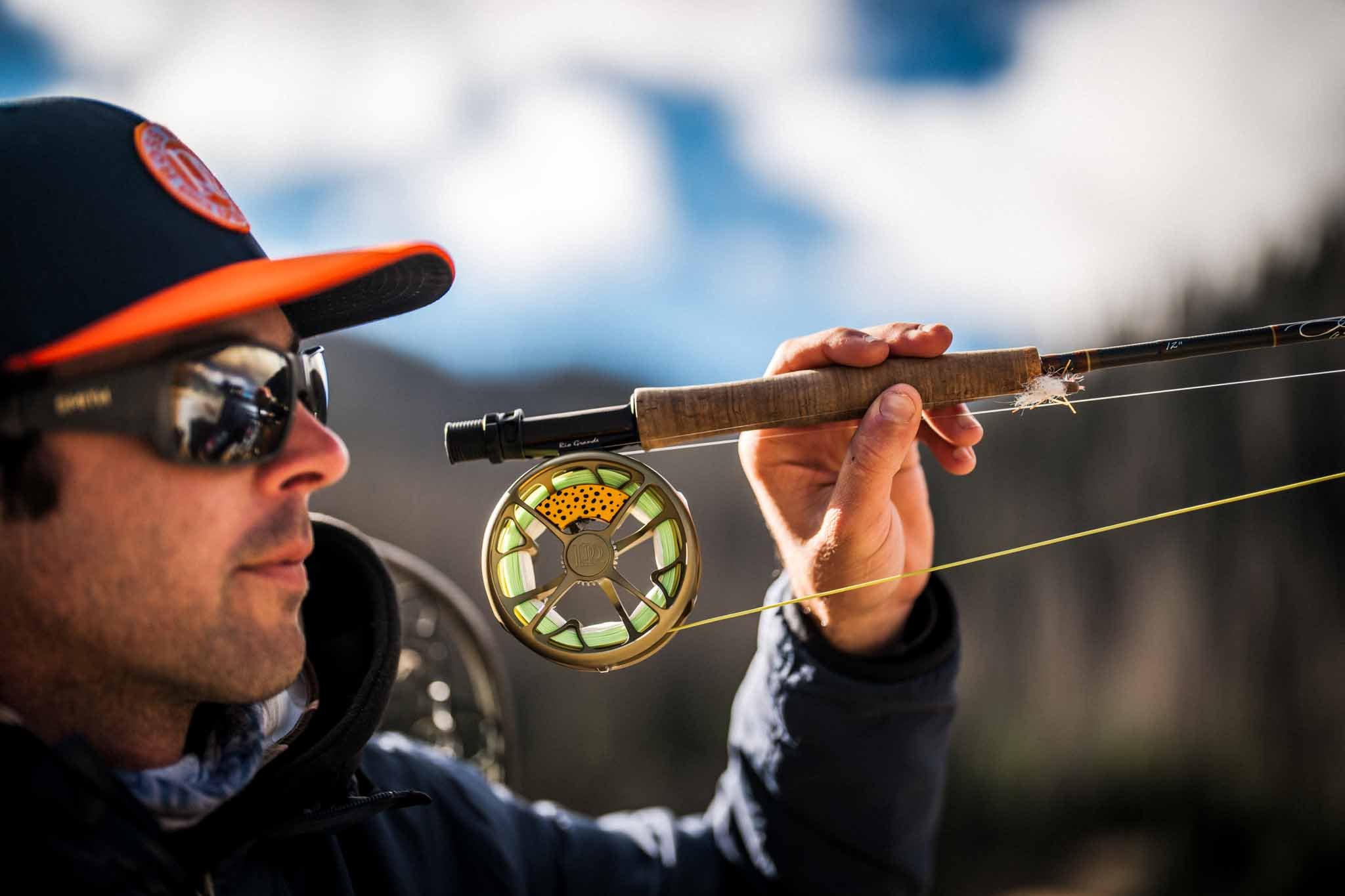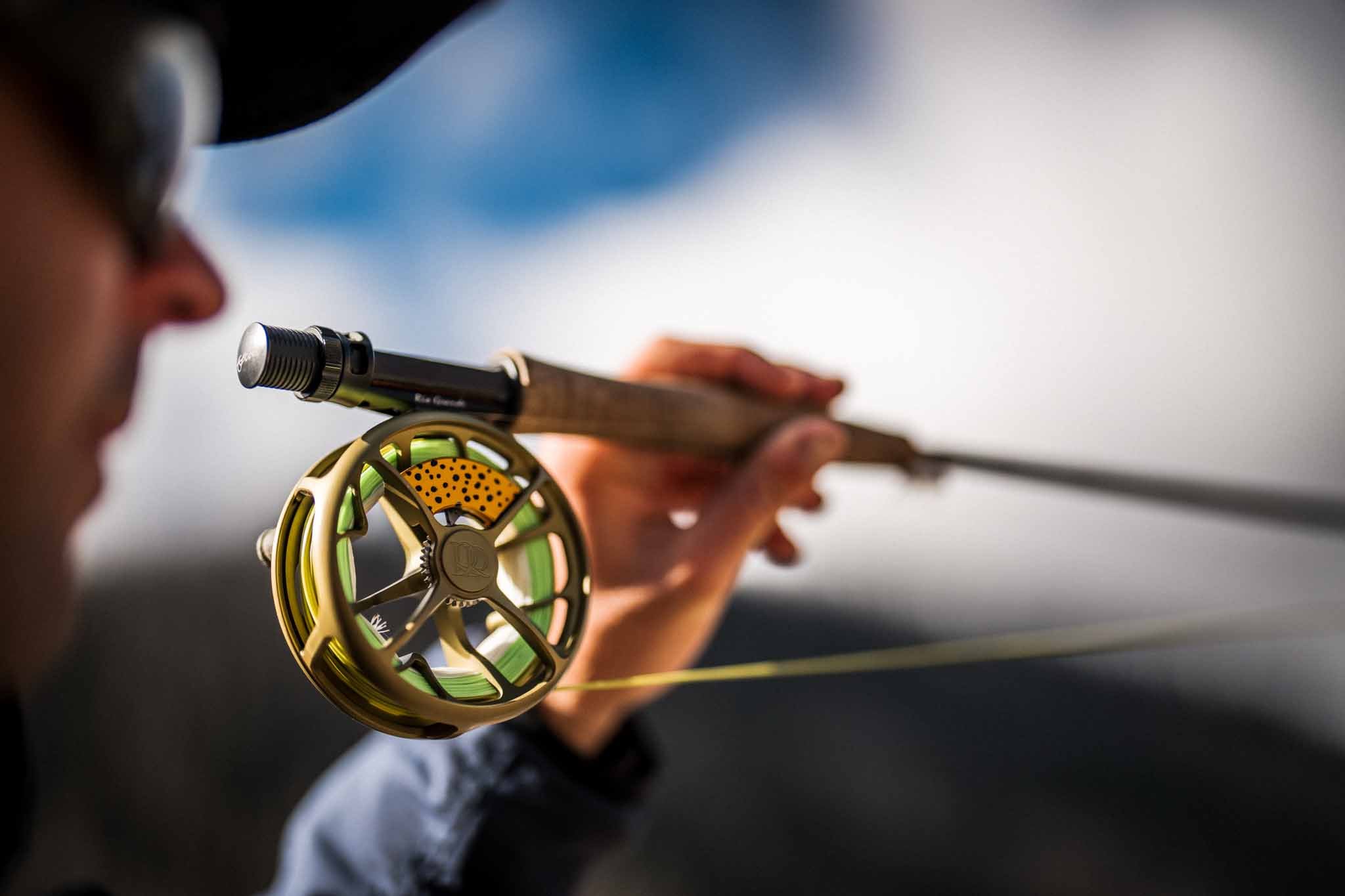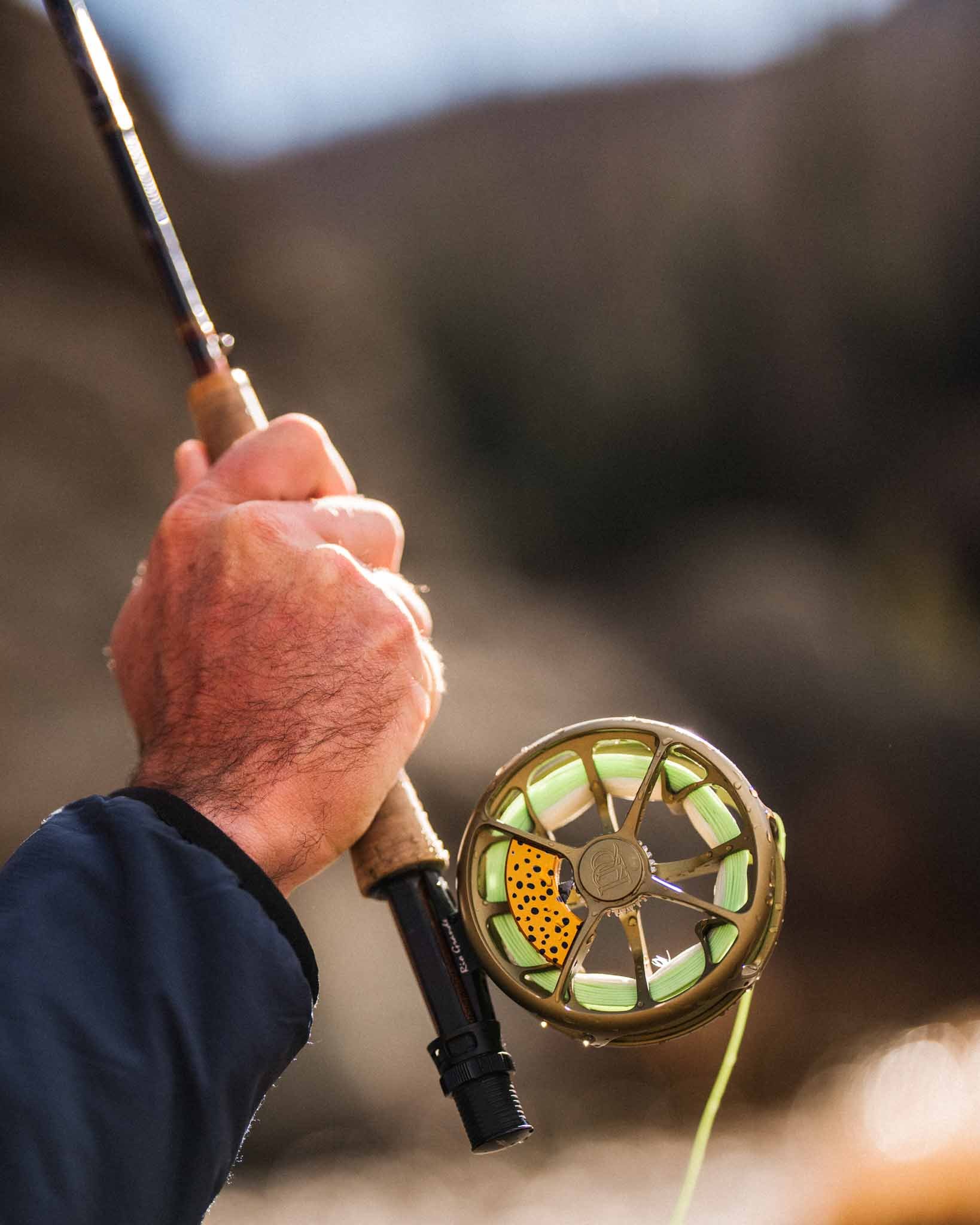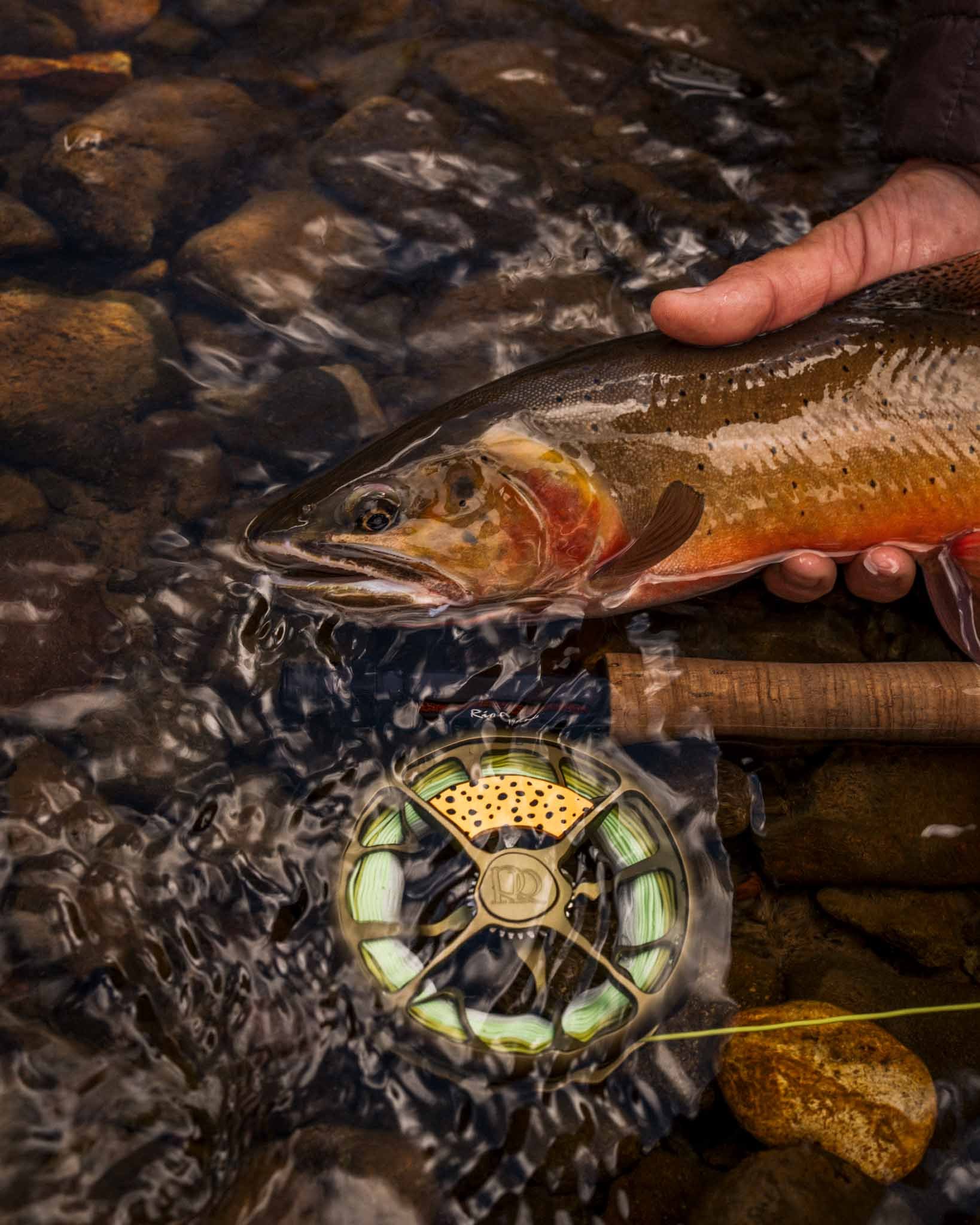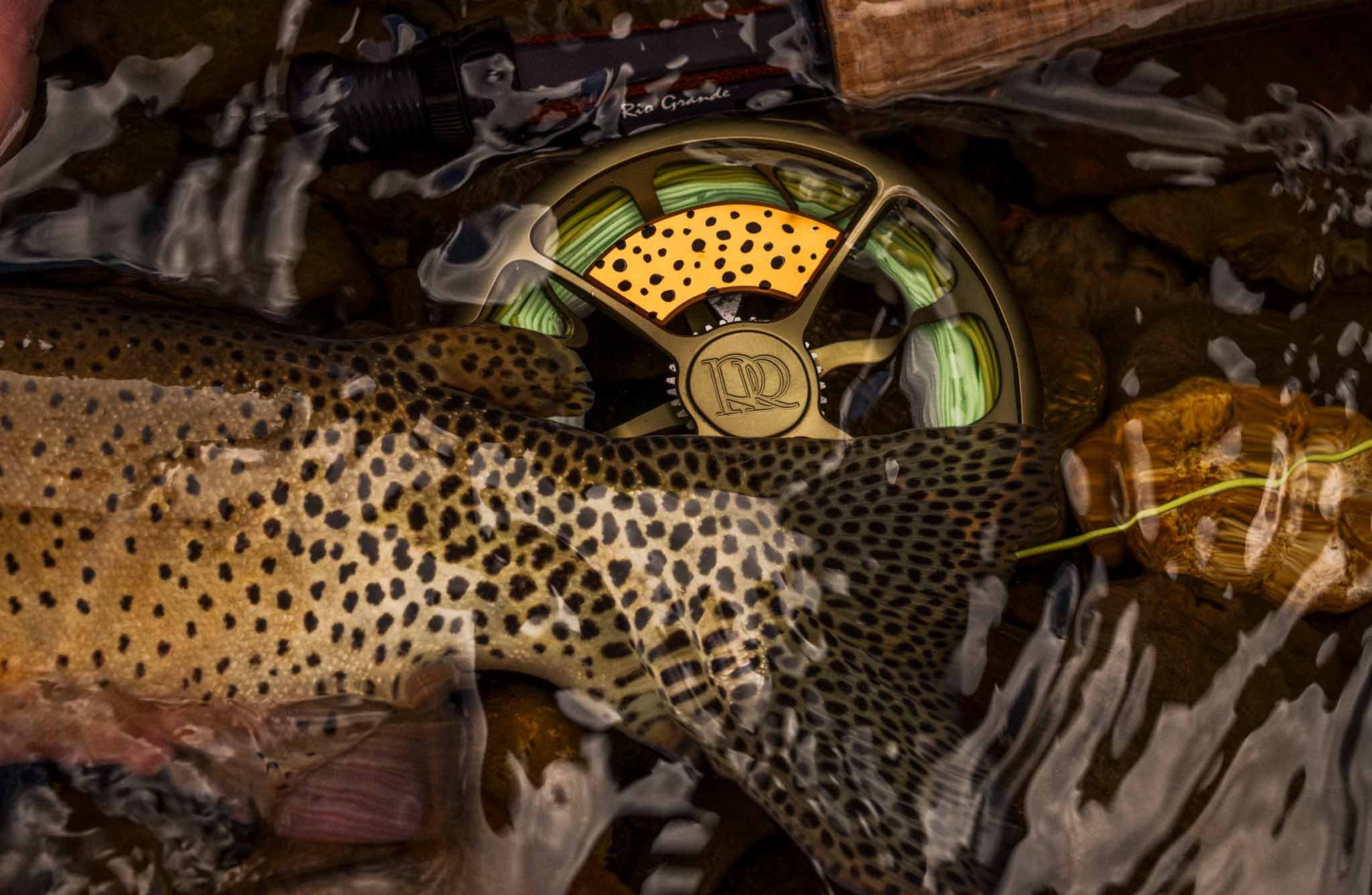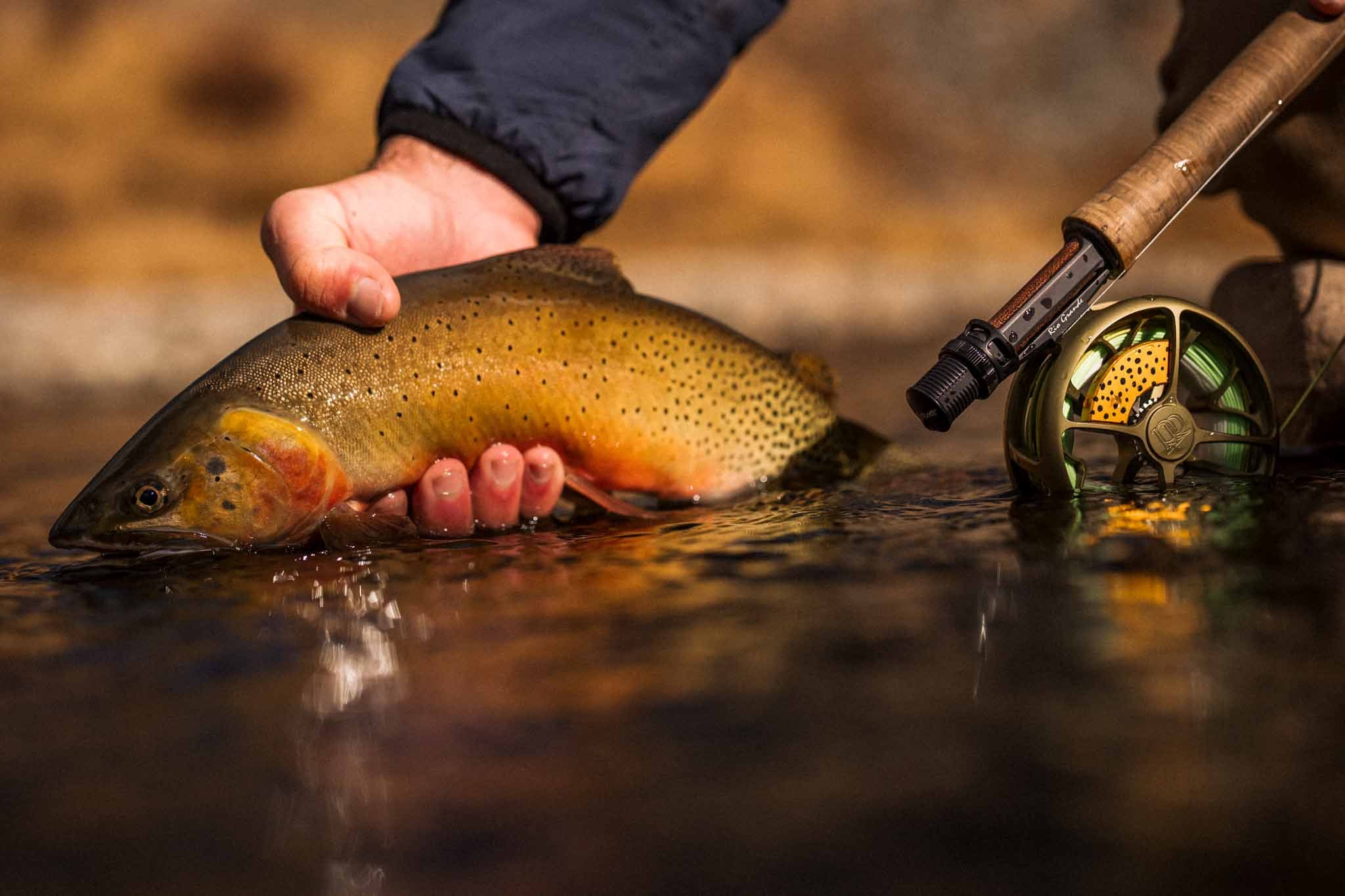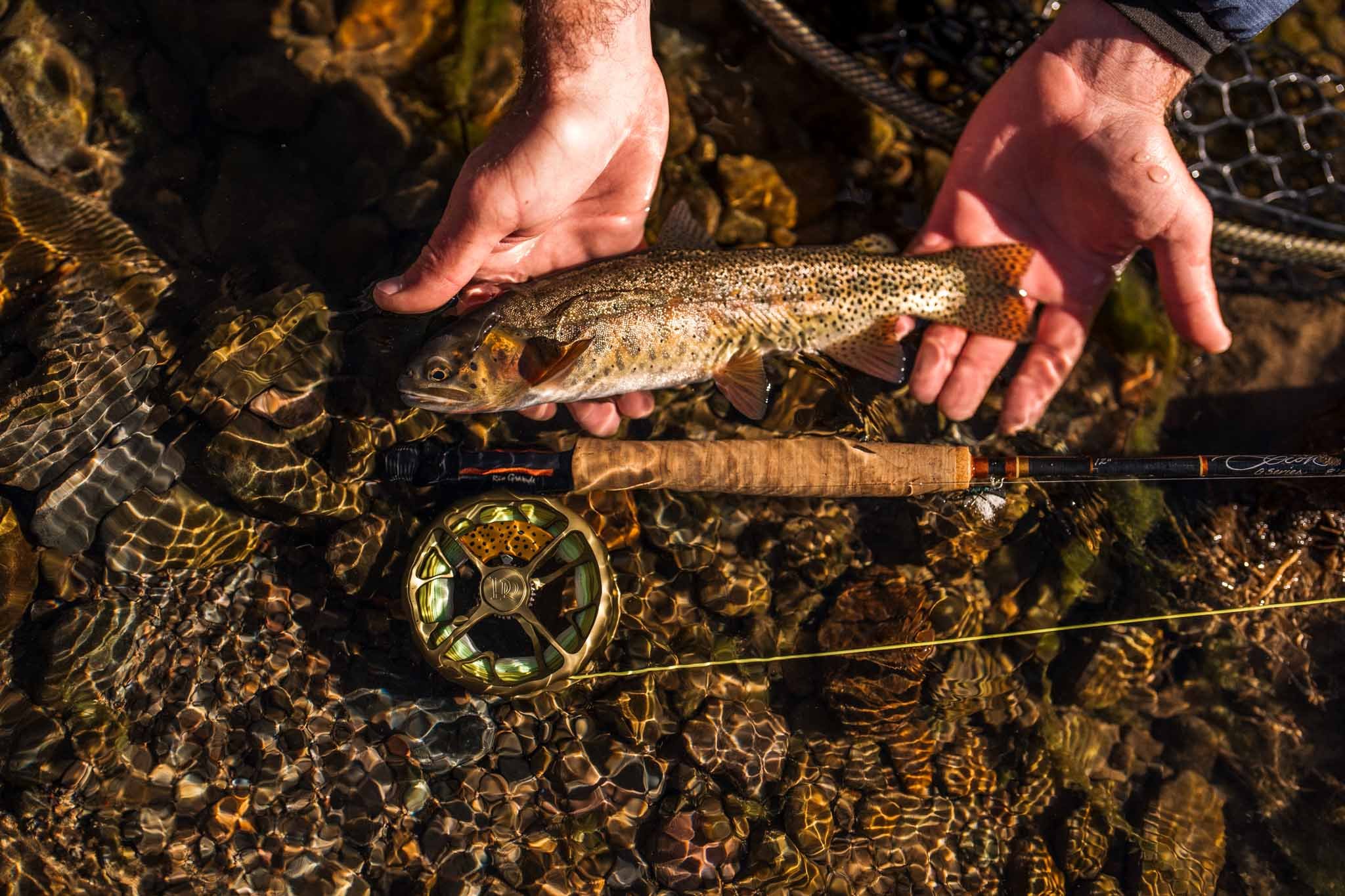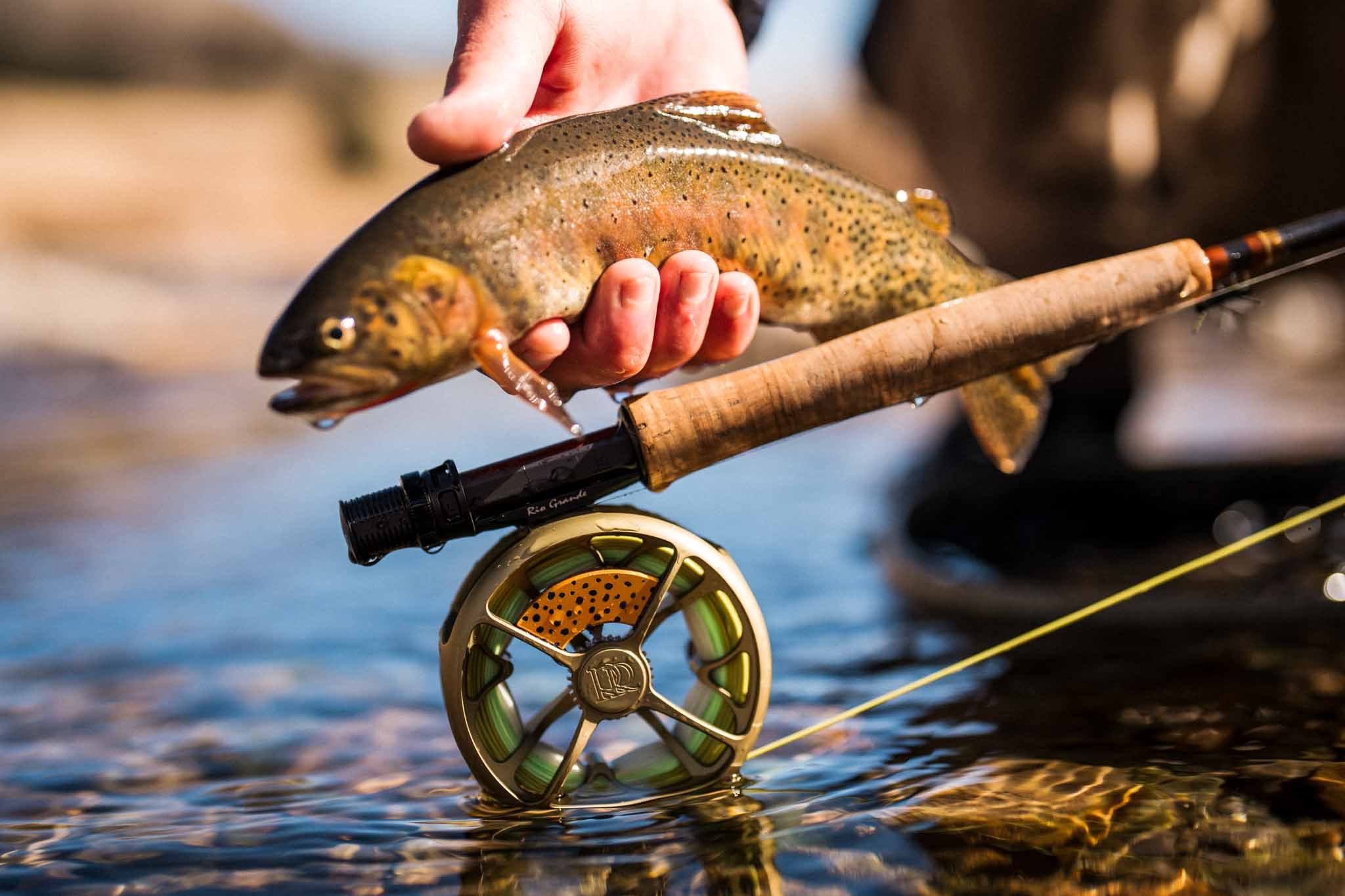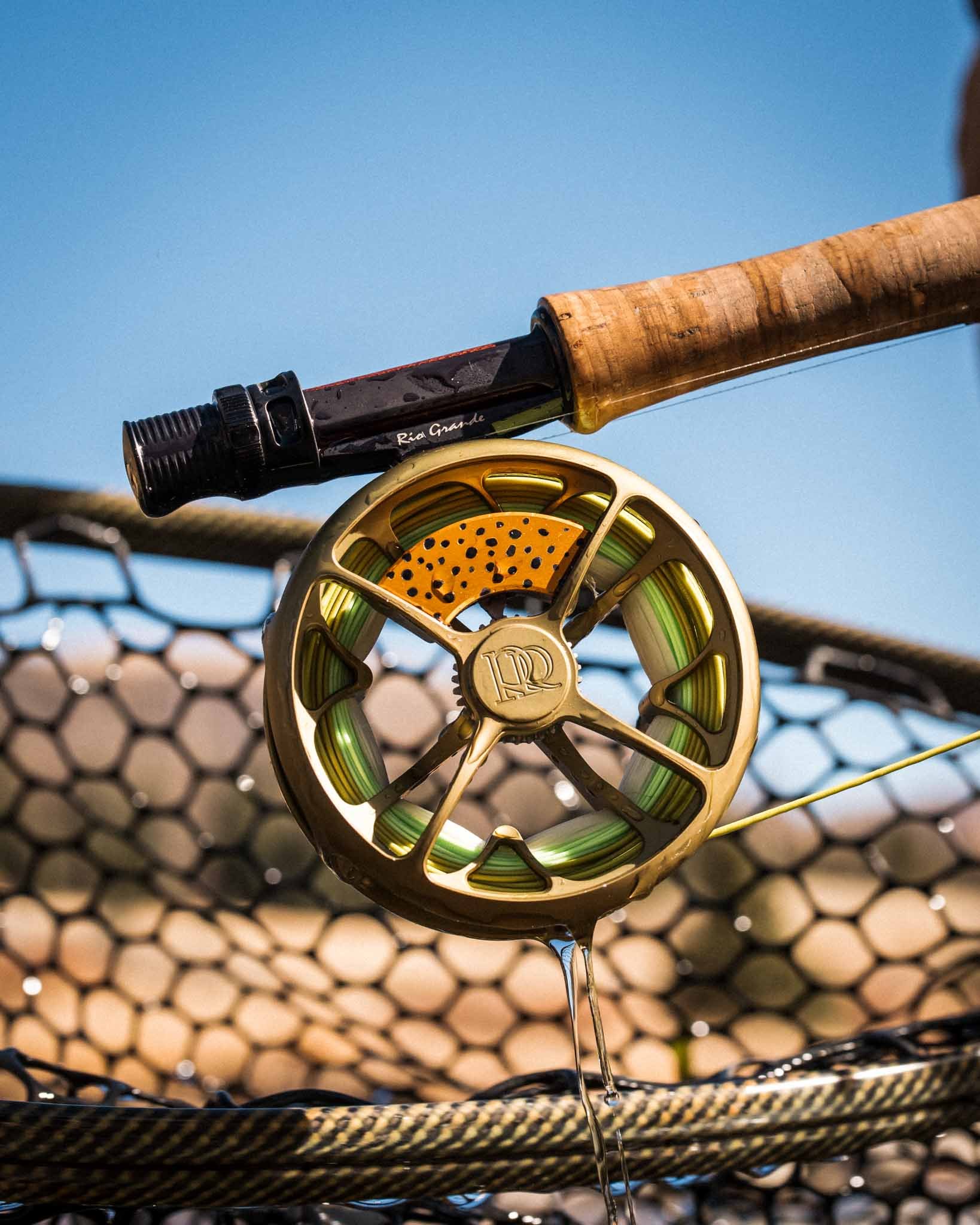River Stewardship Champions: Bob and Suzanne Fanch
On March 7, CTU held its 2024 River Stewardship Gala at the Denver Museum of Nature and Science, drawing more than 300 river supporters to join in celebrating and raising funds for Colorado’s rivers. As a centerpiece of the event, the River Stewardship Award was presented to Bob and Suzanne Fanch, owners of Devils Thumb Ranch and founders of the Headwaters River Journey Museum in Winter Park. Colorado River Headwaters Chapter President Kirk Klancke and Mark Eddy presented the award; this article is drawn from their presentation.
The stars had to align to create the paradigm shift that led to the Colorado River Cooperative Agreement and the resulting collaborative efforts in conserving the Colorado headwaters. The first star in this constellation was when then-Mayor John Hickenlooper appointed three conservationists to the board of Denver Water. The next was when the Grand County Government realized our rivers were worth fighting for. The third star to align was Trout Unlimited, coming to the headwaters and asking what they could do to help. Then a fourth star aligned when two Grand County citizens rose to the challenge to help create change and advance the protection of the Colorado River headwaters – Bob and Suzanne Fanch.
In the lead-up to the Cooperative Agreement, the Fanches contributed to the effort in several critical ways. Bob dedicated his time to meeting with TU and Denver Water staff to discuss much needed mitigation to help our struggling rivers. He also traveled to testify publicly at Wildlife Commission hearings to advocate for mitigation. When the Wildlife Commission approved a plan that included far too little mitigation, Bob and Suzanne brought their children, Rachel and Zach, to a CTU demonstration on the steps of the Capitol building. When asked why they had come, they said they wanted their children to know that they needed to speak up if they saw something wrong.
Critically, Bob and Suzanne, with help from their friends, the Finlons, paid for an onstream sediment transport study that showed how stream modeling for the Environmental Impact Statement was severely inaccurate. Shortly after the results of this study were provided to the EPA, officials from the Denver agency called Trout Unlimited and Grand County to report that while they still didn’t think that they had to offer additional mitigation for their impacts on the Fraser River, they wanted to talk about what would we believe mitigation should look like. Several meetings later, we had a negotiated agreement.
While the Cooperative Agreement was a significant milestone, its success hinged on the follow-through after the agreement was reached, and the Fanches have continued to support headwaters protection, including support for the adaptive management “Learning by Doing” program in several key ways:
Learning By Doing was intended to be funded through the Cooperative Agreement, funding that was due upon Denver Water securing all of the permits for their Moffat Firming Project. Eleven years later, Denver Water still doesn’t have its final permits, so Learning By Doing has been operating off grants and a steady income stream provided by Bob and Suzanne as a percentage of profit from the Devil’s Thumb Guest Ranch.
A percentage of the profits from Devil’s Thumb Ranch has also provided a steady income stream to National TU to support the continued work in this area of Mely Whiting, a key mover and shaker in advancing projects protecting the headwaters.
Bob and Suzanne have given conservation partners access to their property to harvest 9,000 willow stakes that, over the years, have been replanted around Grand County to help stabilize stream banks and improve riparian habitat.
Bob partnered with Learning By Doing and Denver Water to fund the first Learning by Doing public/private stream improvement project on the Fraser Flats reach. Scientific monitoring has shown this prototype project conducted by Freestone Aquatics has produced considerable improvements in river health. Projects like this one will be the future of healthier rivers in the headwaters.
However, Bob and Suzanne also recognized that the future of healthy rivers depended on an educated population. They went on to conceive and fund one of the country's greatest river education facilities. They built the Headwaters Center as a meeting place for events, river summits, and other related topics. On the ground floor of the Headwaters Center is a 4,400 sq. ft. interactive river museum called the Headwaters River Journey. In the first organizational meeting to create the museum, Suzanne requested that the theme follow the TU documentary Tapped Out. This film emphasized the importance of rivers to us and to all life and the impacts we as humans have on our rivers, both negative and positive. The Fanches went to Europe to see some of the world's most impressive interactive museums and hired a consultant from Iceland who had created their favorite museum. They also hired ECOS out of Boulder as the general contractor for this most impressive interactive river museum. If you haven’t experienced River Journey, put it on your bucket list. Education is our most effective tool in protecting our rivers, and Bob and Suzanne have given Colorado the country's most effective river education museum.
Colorado Trout Unlimited appreciates all of the Fanches' efforts on behalf of Colorado’s rivers and was grateful for the opportunity to recognize them with our 2024 River Stewardship Award.







